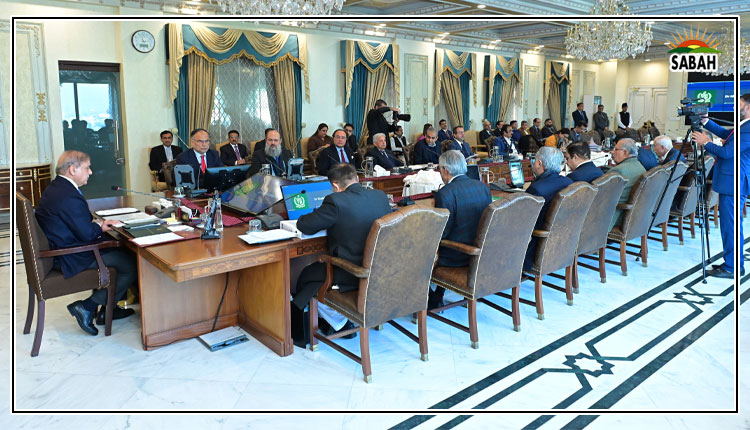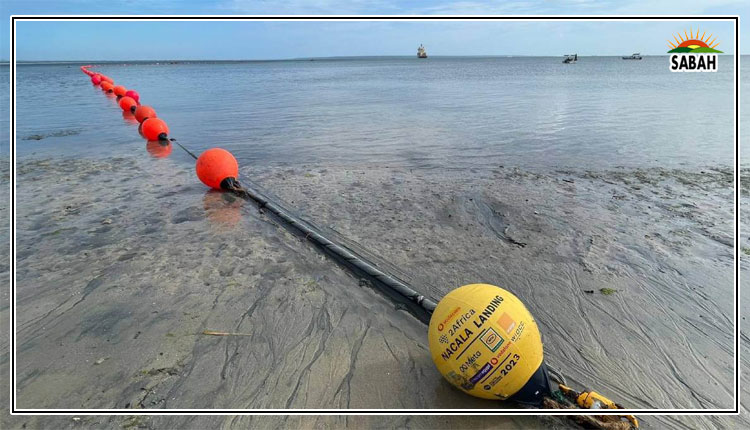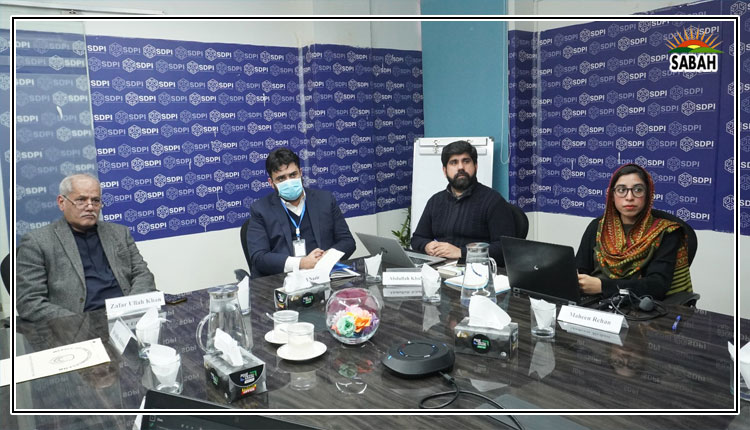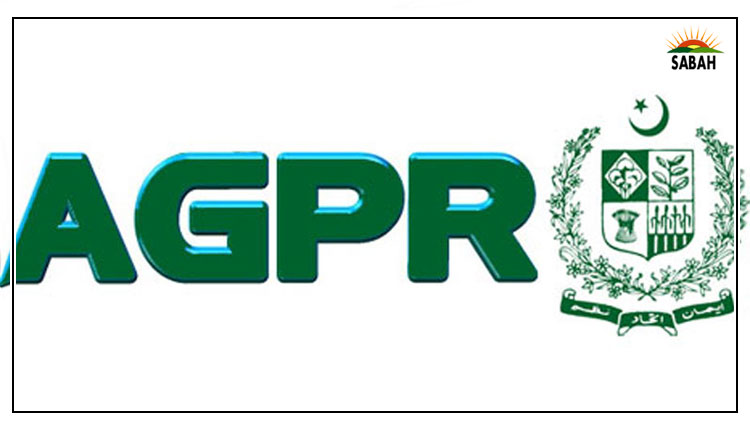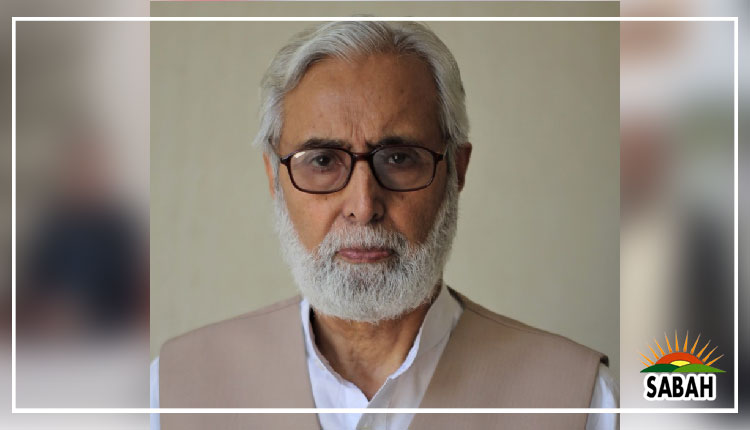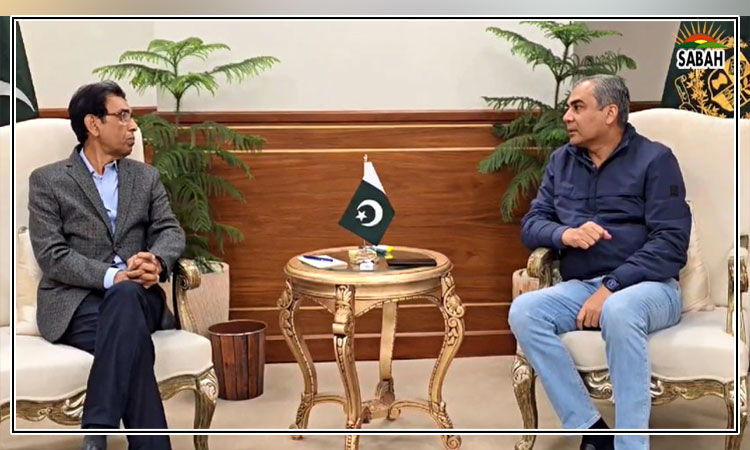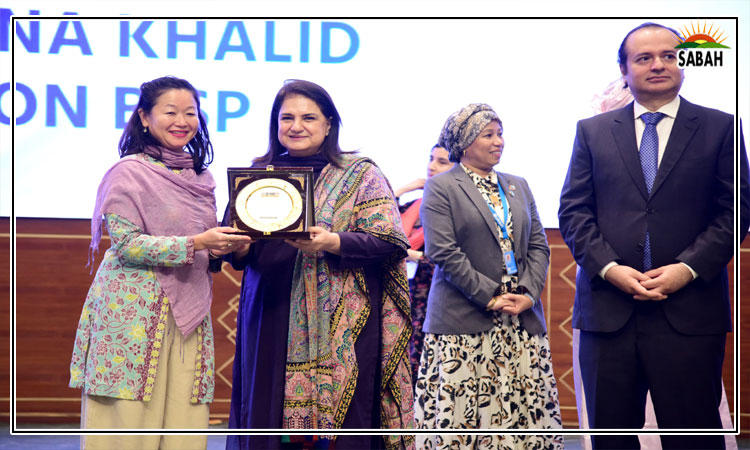BISP is Pakistan’s flagship social protection program embodying vision of Shaheed Mohtarma Benazir Bhutto: Senator Rubina Khalid
ISLAMABAD, Nov 14 (SABAH): Representatives from Burkina Faso, Niger, Mali, and Senegal, along with the World Bank, World Food Programme (WFP), UNICEF, Asian Development Bank (ADB), and GIZ, commend BISP’s initiatives of women’s empowerment, national database, dynamic registry centers, monitoring systems, digital and financial literacy, and adolescent girls’ health.
The Benazir Income Support Programme (BISP) organized a South-South Cooperation event in Islamabad under the leadership of BISP Chairperson Senator Rubina Khalid. The event was attended by delegates from Burkina Faso, Niger, Mali, and Senegal, as well as representatives from international organizations, including the World Bank, WFP, UNICEF, ADB, and GIZ. This event honored representatives from West African nations who, in collaboration with the WFP and World Bank, were on a study tour with BISP from November 11 to 14 to learn from BISP’s social protection strategies for marginalized communities.
In her welcome address, Senator Rubina Khalid highlighted that BISP is Pakistan’s flagship social protection program, embodying the vision of Shaheed Mohtarma Benazir Bhutto and established in 2008 by then-President Asif Ali Zardari. She emphasized the mutual benefits of this study tour, allowing Pakistan and participating countries to exchange knowledge for the socio-economic upliftment of underprivileged groups.
Senator Rubina Khalid affirmed that collaborative efforts can improve the lives of disadvantaged people, enabling them to contribute meaningfully to national development. She outlined BISP’s life cycle approach, focusing on initiatives like Benazir Kafalat, Taleemi Wazaif, and Nashonuma programs, which play crucial roles in providing social security to deserving individuals.
Secretary BISP, Amer Ali Ahmad, expressed that BISP is committed to the economic empowerment of 9.3 million deserving families across Pakistan, selected solely based on socio-economic need. He expressed gratitude to international development partners, including the World Bank, ADB, WFP, and UNICEF, for their financial and technical support in enhancing education, health, and payment services for BISP beneficiaries. “It is a matter of pride that BISP is viewed as a role model globally, and we are continuously striving to improve our program,” he added.
At the ceremony, Redouwane Mohamed Ali, Minister of Food Security of Mali; Amedee Bamouni, Secretary of the National Council for Social Protection of Burkina Faso; Kinday Samba, Country Director of WFP Niger; Omar Bin Zia, Senior Social Protection Officer of ADB; Dr. Imran Masood, Senior Advisor of GIZ; Sharmeela Rasool, UNICEF Representative; and Coco Ushiyama, Country Director of WFP, applauded the historic nature of this event for Pakistan. The delegation lauded BISP’s exemplary contributions to women’s empowerment, national databases, dynamic registry centers, monitoring systems, digital and financial literacy, and health initiatives for adolescent girls.




